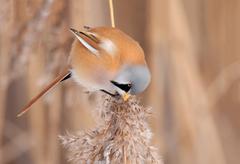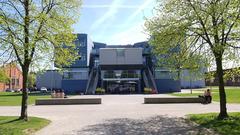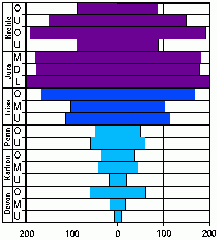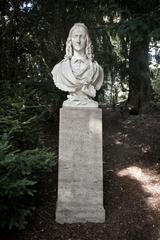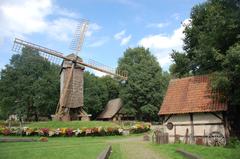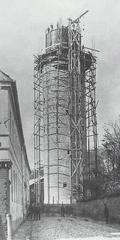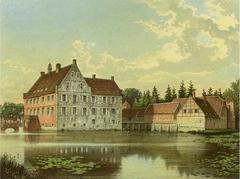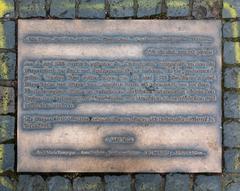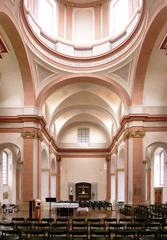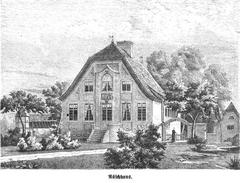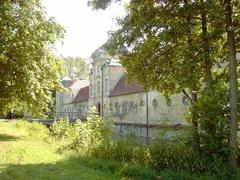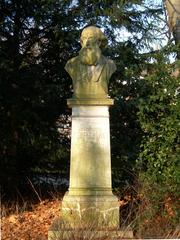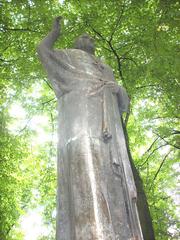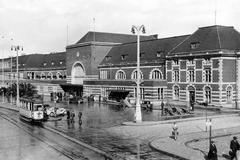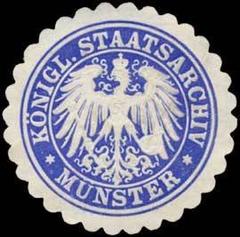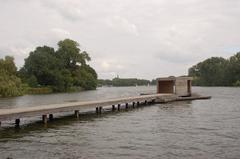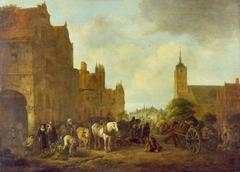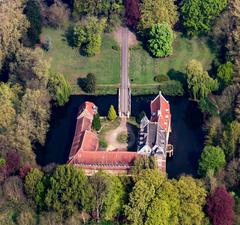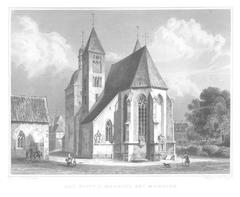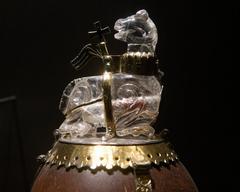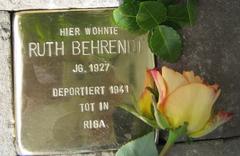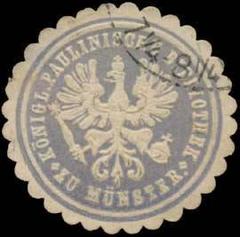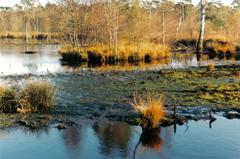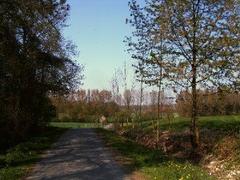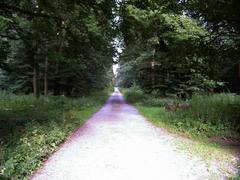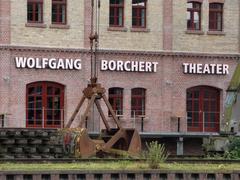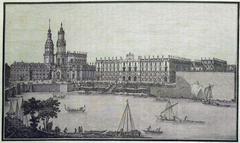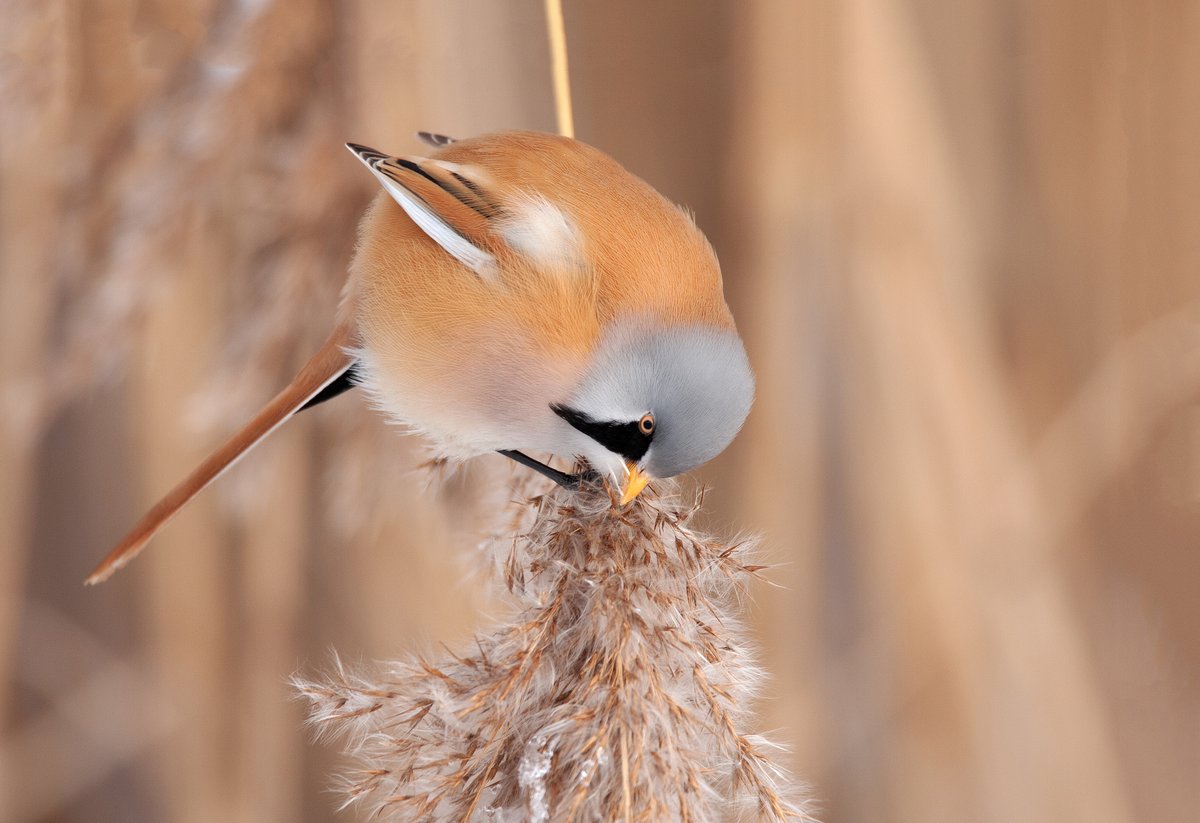
Visiting Guide to Biologische Station Rieselfelder in Münster
Date: 19/07/2024
Introduction
Nestled in the north of Münster, Germany, the Biologische Station Rieselfelder stands as a premier nature reserve and a haven for both nature enthusiasts and history aficionados. Originally established as a sewage farm in the early 20th century, the site has undergone a remarkable transformation into a thriving wetland ecosystem. Today, it serves as a critical biodiversity hotspot, supporting over 130 bird species, including rare and endangered ones such as the Black-tailed Godwit (Limosa limosa) and the Eurasian Bittern (Botaurus stellaris) (NABU). This comprehensive guide aims to delve into the rich history, ecological significance, and visitor information for Biologische Station Rieselfelder, offering practical tips and insights to ensure an enriching and memorable visit. Whether you’re an avid birdwatcher, a cycling enthusiast, or simply seeking a peaceful retreat, this guide will provide all the essential information you need to make the most of your visit to Münster’s premier nature reserve.
Table of Contents
- Introduction
- History of Biologische Station Rieselfelder, Münster
- Ecological Importance
- Visitor Information
- Nearby Attractions
- Accessibility
- Special Events and Guided Tours
- Conclusion
- FAQ
History of Biologische Station Rieselfelder, Münster
Origins and Early Development
The Biologische Station Rieselfelder Münster, located in the north of Münster, Germany, has a rich history that dates back to the late 19th century. The area was originally established in 1901 as a sewage farm. Over time, it evolved into a critical wetland habitat, showcasing a significant transformation from its utilitarian origins to a biodiversity haven.
Ecological Importance
Biodiversity Hotspot
The Biologische Station Rieselfelder Münster is a critical biodiversity hotspot in Germany. It supports a wide array of flora and fauna, making it a significant site for biodiversity conservation. The wetlands provide habitat for over 130 bird species, including rare and endangered species such as the Black-tailed Godwit (Limosa limosa) and the Eurasian Bittern (Botaurus stellaris) (NABU).
Wetland Ecosystem Services
Wetlands like the Rieselfelder Münster offer numerous ecosystem services that are vital for environmental health and human well-being. These services include water purification, flood regulation, carbon sequestration, and habitat provision. The wetlands act as natural water filters, trapping pollutants and sediments, thereby improving water quality in the region (Wetlands International).
Carbon Sequestration
The Rieselfelder Münster wetlands are significant carbon sinks. Wetlands store carbon in their plant biomass and soil, helping to mitigate climate change by reducing atmospheric carbon dioxide levels (IPCC).
Habitat for Migratory Birds
The Rieselfelder Münster is a critical stopover site for migratory birds traveling along the East Atlantic Flyway. Species such as the Northern Lapwing (Vanellus vanellus) and the Common Redshank (Tringa totanus) rely on the Rieselfelder for sustenance and shelter (BirdLife International).
Visitor Information
Ticket Prices
Visiting the Biologische Station Rieselfelder Münster is generally free of charge. However, certain special events or guided tours may require a small fee. For the most up-to-date information on ticket prices, please visit the official Biologische Station Rieselfelder Münster website.
Opening Hours
The site is open year-round, with different hours depending on the season. Typically, the best time to visit is during daylight hours when bird activity is at its peak. Check the official website for the latest opening hours.
Travel Tips
- Best Time to Visit: Spring and autumn are ideal for birdwatching as migratory birds are in abundance.
- What to Bring: Binoculars, a camera, comfortable walking shoes, and weather-appropriate clothing.
- How to Get There: The site is accessible by public transport, bike, or car. Parking is available on-site.
Nearby Attractions
While in Münster, consider visiting other nearby attractions such as the Münster Zoo, the Botanical Garden, and the historic city center with its beautiful architecture and museums.
Accessibility
The Biologische Station Rieselfelder Münster is committed to being accessible to all visitors. There are wheelchair-accessible paths and observation points. For more detailed accessibility information, please visit the official website.
Special Events and Guided Tours
The station regularly hosts special events and guided tours to educate the public about the importance of wetlands and biodiversity. Check the events calendar for upcoming activities.
Conclusion
The Biologische Station Rieselfelder Münster is a testament to the resilience and ecological importance of wetland ecosystems. Its rich biodiversity, critical ecosystem services, and role as a migratory bird habitat highlight the need for ongoing conservation efforts. By understanding and appreciating the ecological value of the Rieselfelder, we can contribute to the preservation of this unique and vital natural resource.
FAQ
Q: What are the visiting hours for the Biologische Station Rieselfelder Münster? A: The site is open year-round, with varying hours depending on the season. Check the official website for the latest information.
Q: Is there an entrance fee for the Biologische Station Rieselfelder Münster? A: Visiting is generally free, but some special events or guided tours may require a fee.
Q: What should I bring when visiting the Biologische Station Rieselfelder Münster? A: Bring binoculars, a camera, comfortable walking shoes, and weather-appropriate clothing.
Q: Are there guided tours available? A: Yes, guided tours are available. Check the events calendar for details.
References
- NABU. (n.d.). Retrieved from https://www.nabu.de/
- Wetlands International. (n.d.). Retrieved from https://www.wetlands.org/
- IPCC. (n.d.). Retrieved from https://www.ipcc.ch/
- BirdLife International. (n.d.). Retrieved from https://www.birdlife.org/
- Biologische Station Rieselfelder Münster official website. (n.d.). Retrieved from https://www.biostation-rieselfelder-muenster.de/
